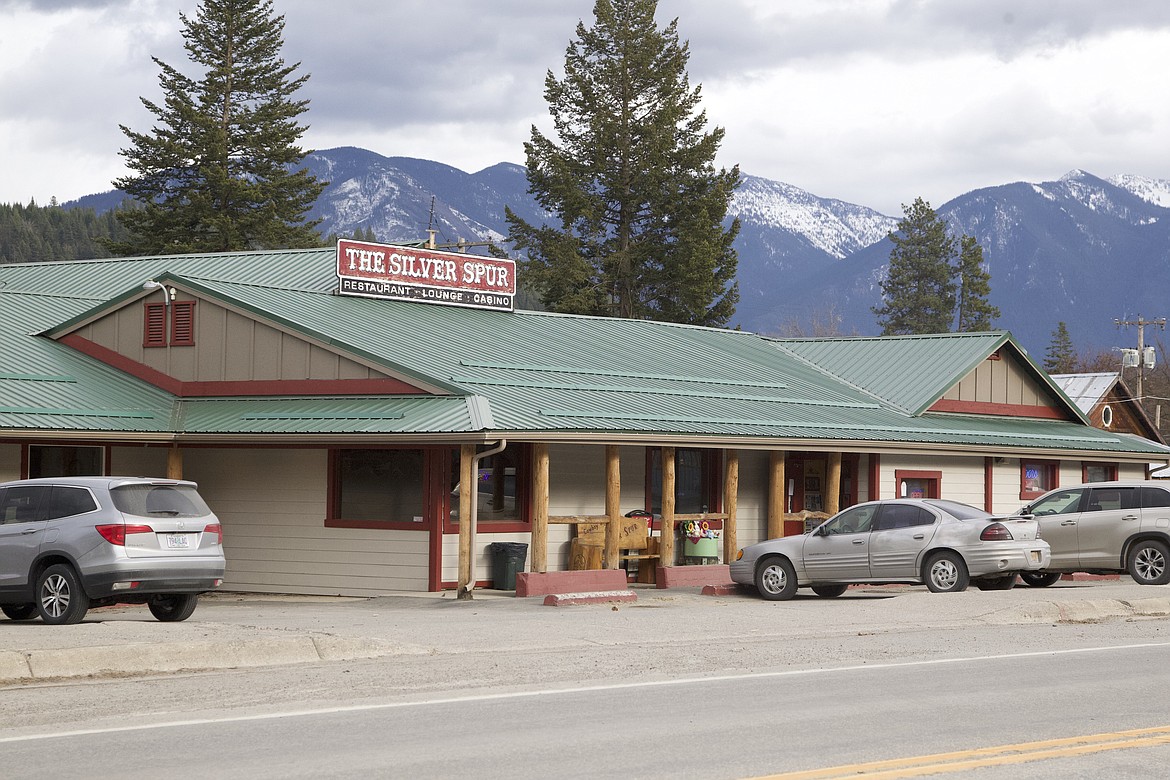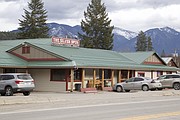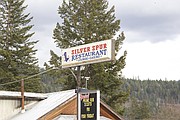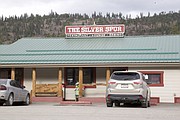Commissioners, mayor and volunteer board members met in violation of state law
Two county commissioners, a mayor and members of a local board met over breakfast earlier this month to discuss the future of the Troy Area Dispatch District, in what open meeting law experts deem a violation of state law.
The longstanding question of what to do with the dispatch service has opened a rift between city residents who want it maintained and county property owners pushing to dissolve it. The dispatch center handles emergency calls within city limits and those originating in the surrounding county territory but must transfer calls requiring law enforcement in the latter to dispatchers with the Lincoln County Sheriff’s Office.
County residents maintain that the transfer process consumes valuable seconds in an emergency. Troy officials, who have an equal say in the future of the dispatch district, say the transfer is nearly automatic and a dispatcher is always on the line with the caller.
County commissioners have met recently in public forums to discuss the issue with members of Troy City Council. But on March 9, they met more informally with representatives of the Troy Area Dispatch Board, which oversees the district.
During a March 25 interview, Sandi Sullivan, secretary of the Troy Area Dispatch Board, confirmed that she met with County Commissioners Mark Peck (D-1) and Jerry Bennett (D-2), Troy Mayor Dallas Carr and fellow board member Jim Ward at the Silver Spur on March 9. Over breakfast, the group discussed establishing a committee to consider merging the Troy Area Dispatch District with the dispatch service in Libby.
“That was an illegal meeting,” said Lee Banville, an associate professor at the University of Montana School of Journalism who teaches media law. Mike Meloy, a lawyer for the Montana Freedom of Information Hotline, agreed with Banville, saying that the gathering violated Article II, Section 9 of the Montana Constitution, which guarantees that the public may not be excluded from meetings of governmental entities. The meeting also broke the statutory implementation of the article in state law.
Since the assembly included two commissioners — who represent a quorum of the county board of commissioners — and addressed a matter over which the commissioners have a measure of control, Banville said officials should have advertised the gathering.
A majority of the Troy Area Dispatch Board was also present at the closed meeting considering that both Bennett and Carr are, by default, members of the seven-person panel due to their elected positions.
Residents who have followed discussions regarding the future of the dispatch service were left perplexed by the news of the Silver Spur assembly.
“I would have gone to that meeting, I would like to have heard what was said,” said Kim Mole, a resident of Bull Lake who spoke about her experience with the Troy Area Dispatch District at a prior public meeting. “I don’t understand where they are coming from anymore.”
For county residents like Mole who live near Troy, the fate of the Troy Area Dispatch District is a pressing issue. Mole began advocating for the district’s dissolution or reformation after an attempted break-in on her property. Troy dispatchers had to reroute her to the Libby dispatch center, she said.
“I gave [the Troy area dispatchers] all my information and when they found out what my address was they said ‘Oh you’re in the county. We have to transfer you,’” Mole recalled at a December Troy City Council meeting. “When you’re in an emergency, that’s the last thing you want to hear.”
County commissioners offered differing reasons for why the meeting was held without public notice. In hindsight, Peck said officials should have publicized the Silver Spur meeting.
“I don’t know why the hell that didn’t get advertised,” he said during a March 26 interview. “I’ll take the heat on that one.”
During a separate interview that same day, Bennett said commissioners didn’t put the meeting on their agenda because “it was just one of those things that came up.” He said commissioners would discuss the matters that arose during the Silver Spur gathering at an upcoming board meeting.
Bennett said he took minutes of the breakfast gathering, which he intends to publish. As of March 26, Robin Benson, county clerk and recorder, did not have minutes of the meeting on record.
Banville and Meloy both said that a record of the meeting would not make the assembly any less of a violation. Banville went further, saying that Bennett’s decision to keep minutes showed the officials understood the meeting would cover information of interest to residents. Rather than exonerating the commissioners, the minutes show that officials knew the meeting should have been conducted in public.
Sullivan said Carr called the Silver Spur gathering to keep board members in the loop on discussions about the Troy Area Dispatch District. During the December Troy City Council meeting, Sullivan had said she was disappointed officials had excluded her from previous meetings on the topic. Carr told her that officials would invite her and other board members to subsequent talks.
Bennett said the Silver Spur gathering sprung out of a series of prior meetings between Carr and Peck. Peck was unsure who called the breakfast assembly, but said he had met before to discuss county emergency services with Carr.
Peck said that he had not held any other meetings with Bennett to discuss the dispatch service outside of the public eye.
Carr confirmed that his prior meetings with Peck had not included Bennett.
The mayor said he had not intended to obscure any government action by holding the meeting. Were anyone to ask him about the gathering, Carr said he’d willingly explain what was discussed.
“I have to claim ignorance on my part,” he said.
Bennett and Peck also said they had not meant to withhold information from the public by holding a closed gathering. They saw, though, how residents might view the breakfast gathering as a failure in government transparency.
During prior commissioner meetings, Peck and Bennett both emphasized the importance of keeping the public abreast of county government business.
Peck said that while the Silver Spur group discussed creating a committee, he and the others did not take any action during the breakfast. The envisioned committee would include members from Eureka, Libby and Troy city councils and could not be established without their input. Peck said the committee would be concerned with addressing long range planning for public safety within the county.
Speaking at the December Troy City Council meeting, Peck said officials would have to address the transfer issue Mole and other county residents have highlighted. In addition to consuming vital seconds for the caller, the system overloads dispatchers. Having managed dispatchers in Flathead County, Peck said he understood how stressful the job could be even without having to manage transfers.
At the time of the city council meeting, Peck said county officials had known about the transfer issue for almost a year.
“We’ve got to fix that,” he said. “In this day and age, it’s just rife with problems.”
Peck pointed out that Lincoln County is the only such jurisdiction in the state with three dispatch centers. Along with Troy and Libby, Eureka has its own dispatchers.
Were the county to downsize to one center, Bennett told city councilors it could save around half a million dollars a year. These funds could go towards addressing other weak points in emergency services. With local first responder units struggling to find volunteers, Bennett said the county might have to bring on paid staff.
“I don’t know how we continue to beat on these EMS volunteers without coming up with some type of funding relief,” said Peck. “This is an immediate issue, but it piles into a bigger issue.”
Commissioners are also hoping to raise around $20 million for a new law enforcement center.
Since the Troy Area Dispatch District is administered under an interlocal agreement between the county and the city, Carr floated the idea of establishing a committee to look into the system during the December meeting.







